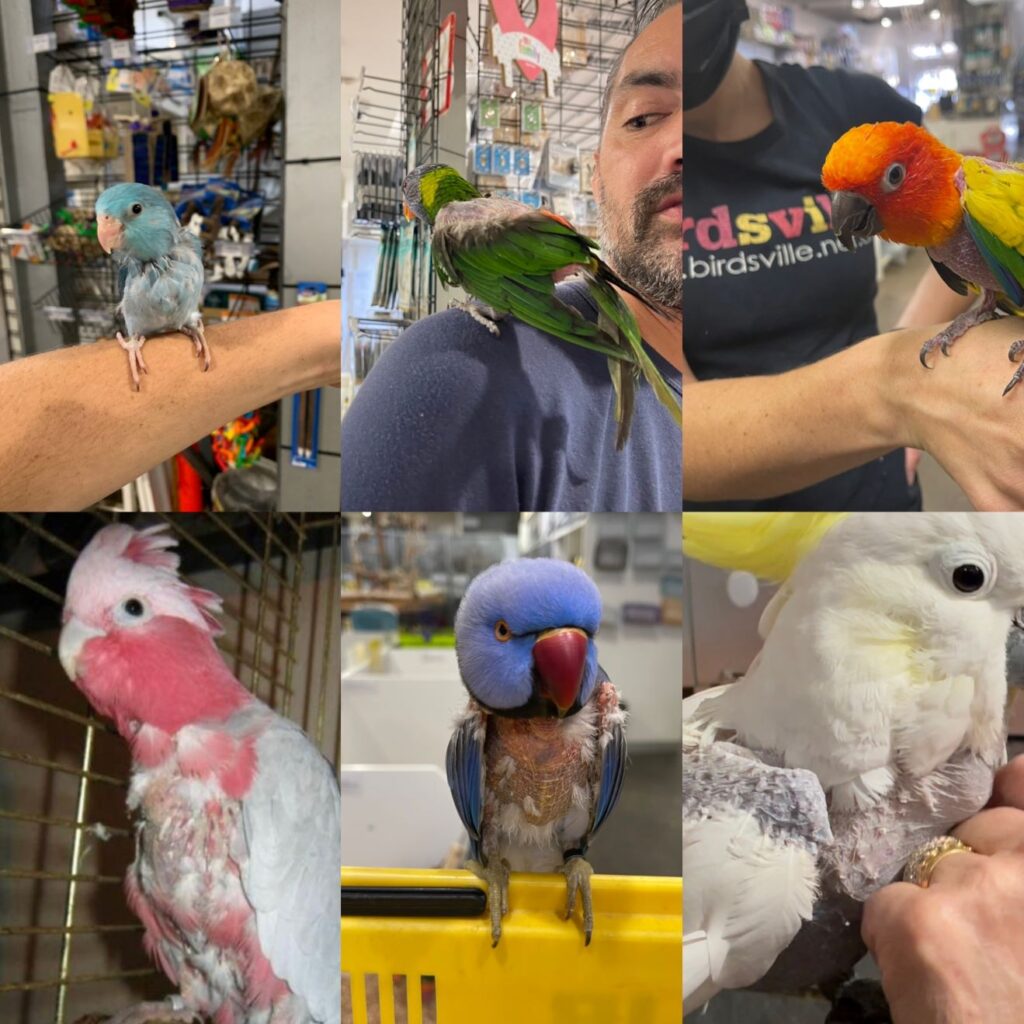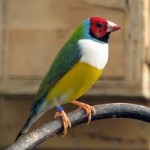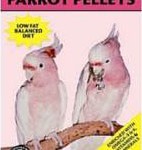Feather plucking in Parrots
This article we will cover the below topics in feather plucking.
- Why do parrots feather pluck.
- How to stop Feather plucking
- How to stop Feather Plucking with a table to guide for different species.

Feather Plucking in parrots is one of the most common Physical & Psychological health issues in domestic birds. There is no true medication that can fix the condition as its most often not a disease, but it is usually a behavioral issue.
There are many reasons as to why a parrot plucks.
Why do Parrots pluck.
Plucking most commonly stems from a poor diet. Applicable to any species of parrots and can slightly change depending on the species of parrot and their nutritional needs.
Chronic liver issues can cause plucking. Liver issues are mostly diet related. Liver health is often reversable and all our parrot recommended diets have their liver health in mind. Please continue to read and take note of the table below.
A break of Parrots routine. Change of routine is big for a parrot and may trigger them to start feather plucking. An example of this is coming out of the cage every day at 6 pm and then the owner goes on holidays. The Parrots world falls apart and becomes emotionally distressed. Parrot are creatures of routine, and this causes them stress. Stress causes feather plucking.
Stress or anxiety from other animals, kids, loneliness, lack of toys, poor nutrition, incorrect environment, cage not suitable.
Allergies or a damp environment. It could also be a lack of bathing and preening. Both could cause feather follicle irritation.
Not enough toys in the parrots cage. Environmental enrichment or lack thereof is one of the most common reasons feather plucking occurs in parrots. Some parrots get bored of the same toys, or they simply do not have enough toys provided to them. We often here owners say my parrot doesn’t like toys or is scared of them. When we hear this an alarm bell rings in my head. This is a parrot that wasn’t given enough toys when it was growing up. With these birds its usually a matter of time before they will start to feather pluck.
Hormonal could also be a trigger; The poor hormonal regulation could also stem from a poor nutritional profile in the bird’s diet.
Parasites – These worms, mites or lice can add stress and discomfort to your parrot and causing feather plucking
Giardia – Mostly found in cockatiels and has been reported in many other species of parrot. Not all but some birds will pluck their feathers with this condition. Your local vet can test for giardia.
How to spot if your parrot is plucking
If you look at the Photo of the 6 plucking parrots on our page. Notice they are only losing feathers where the parrot’s beak can reach. A bird can’t pluck its own head that’s a very good sign your bird is plucking. Many parrot owners do not notice the first signs of parrot feather plucking. It starts like a white area on the birds’ wings, around the legs and the chest. If you think your bird is starting to pluck, follow all of this page & our table below.
How to stop Feather Plucking
Firstly, we recommend concentrating on the most common causes and those solutions. This way you have a very high chance of being able to fix the problem.
We will break it down to species groups and what diet.
We are not mentioning the obvious standard diet we have covered in detail on our species-specific pages on what a good diet is including vitamins, minerals, supplements, vegetables, fruits etc.
Avoid many cheap supermarket mixes and seeds with lots of sunflower. It’s very difficult when the package of some products looks so fantastic its worth more than the seed inside.
| What you need | How to use it | species suitable for |
| Unpleasant tasting spray, that is sprayed on the bird where it likes to chew. This helps to stop the habit of chewing and plucking. | All parrots and Cockatoos | |
| Parrot B-calm pellets has shown many great results in calming parrots down that are anxious. | Macaws, amazons, eclectus, conures, Quakers, Cockatoo species, cockatiels, African greys, | |
| High Grade Budgie seed FOR THOSE WHO CANT ACCESS THE BELOW
| If you are unable to source the below from us, this is available in many bird shops, make sure it has lots of French white and canary seed, buy a good quality mix as many boxed well marketed mixes have a lot of filler seed and may continue to affect your bird’s health. | All Parrots and Cockatoos. |
| Birdsville Healthy parrot blend or Birdsville Cockatoo Blend | This is a healthy high nutrient bird blend packed with vitamin rich vegetables, grains and legumes that has no peanuts or sunflower seeds. Mixing with our high-grade budgie mix is ideal. | All Parrots and Cockatoos |
| wombaroo lorikeet powder | A high grade lorikeet food, feed as directed on the packet. | Lories and lorikeets |
| Synbiotic | I have had customers have great improvements with plucking using this product alone. | All parrots and Cockatoos |
| Vitamin D | A very common cause of issues in parrots kept indoors. Add Calcivet to your birds water supply twice a week. | All parrots and Cockatoos |
| The good oil | As many parrot owners unbeknown have had their parrot on a low-quality diet, this product will improve liver function has fat soluble vitamins A D3 AND E. Mix through the seed or add to lorikeets wet mix. | All parrots and cockatoos
|
| TOYS | Minimum of 8 toys including a swing and a ladder, try to use all levels and a spare 2 toys for regularly rotating them to keep your parrot engaged. | All parrots and cockatoos |
| Try to Relax and same with your Parrot | Birds are very perceptive creatures and often when the owner is stressed so is their birds. Owners that over worry may have birds that over preen and pluck. Check our bird training page to understand parrot body language so you can learn how to find out what stresses your bird. | All parrots and cockatoos |
| Radio | Believe it or not, birds do not like silence. We care for many plucking parrots at our birdsville boarding facility & don’t seem to get birds plucking and usually see improvements during their stay and this could be because our store is a noisy active place. | All parrots and cockatoos |
| Bird bath | If your bird has a feather follicle irritation, ideally a bird bath will help them with preening and feeling better. Even a spray bottle if your bird will not use a bird bath. | All parrots and cockatoos |
| Out of cage time | This is a difficult one for people to grasp, as routine can actually cause stress when it breaks. Do regular but random out of cage time, every second day or so. It’s impossible for anyone to get their bird out every day of their life as they may go on holiday etc. | All parrots and cockatoos |
| These needs include fresh vegetables, fruits, Nuts, calcium and iodine. | All parrots and cockatoos |
| Mite and lice spray and worms | Parasites can cause a miriad of health issues for parrots including plucking. follow instructions on the packet. | All parrots and Cockatoos, with Eclectus use half the dosage recommended. |
| Hormonal environment | Remove anything the parrot may perceive to be an area to nest. Birds can be protective of these areas and create stress. Bird nesting boxes or happy huts could be causing as issue. | All Parrots and Cockatoos |
| Do Not Feed or drastically reduce | sunflower seeds, peanuts, safflower seeds, bread, sugary treats, low quality seed often containing fancy packaging. | All Parrots and Cockatoos |
when you feed your parrot your new diet, its a 50/50 mix of pellets and seed. Do not fill up the seed until your parrot has eaten all the pellets. This is important so they get both pellets and seed in the diet. This will save you money and your bird will get healthier.
It can take at least 6 months before you will see any improvement. This is because a bird may not molt and grow new feathers for 6 months. If in the unlikely event your parrot hasn’t improved, you need to seek vet treatment.
If you have a bird that plucks and need help, please don’t hesitate to arrive in store with your bird. We can help in store anytime during opening hours. We are unable to give advice over the phone or email.



